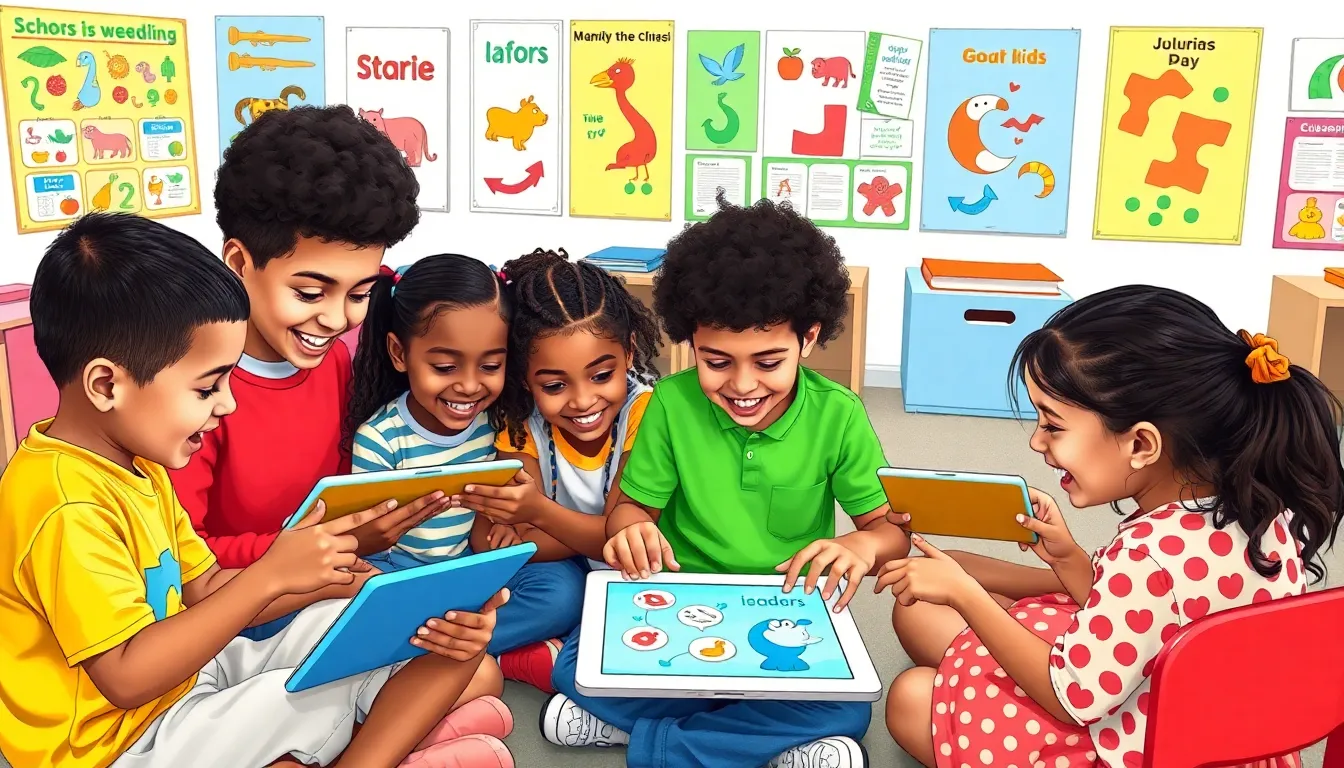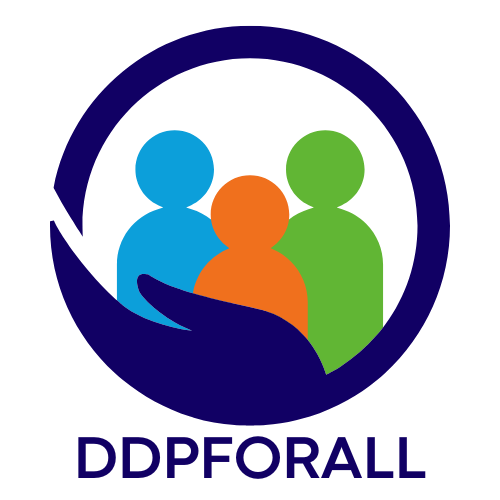Table of Contents
ToggleIn a world where screens dominate attention spans, reading games are the secret sauce to reigniting a love for books. These engaging activities transform the often daunting task of reading into an adventure filled with excitement and laughter. Who said learning can’t be fun? With reading games, every page turned is a mini victory, turning reluctant readers into enthusiastic bookworms.
Imagine a game that not only entertains but also sharpens skills like vocabulary and comprehension. It’s like a workout for the brain, minus the sweat! Whether it’s a thrilling scavenger hunt through a novel or a competitive word challenge, reading games provide the perfect blend of education and entertainment. So grab a book, gather some friends, and get ready to level up your reading experience—because who knew reading could be this much fun?
Overview of Reading Games
Reading games engage users in immersive and entertaining experiences. These activities inspire a greater appreciation for literature while enhancing important skills.
Definition and Purpose
Reading games refer to activities designed to develop and reinforce reading skills. They promote literacy by making the process enjoyable, capturing the interest of reluctant readers. Often, these games integrate elements like storytelling, puzzles, and challenges. Engaging in such activities can improve vocabulary, comprehension, and retention. The purpose lies in transforming reading from a task into a captivating adventure.
Types of Reading Games
Various types of reading games exist to cater to different interests and age groups. Word search puzzles focus on vocabulary and recognition skills. Matching games encourage players to pair words with their definitions or images. Story-building games invite players to create narratives using guided prompts. Additionally, online reading platforms feature interactive quizzes that assess comprehension. Each type serves to make reading fun while supporting educational growth.
Benefits of Reading Games

Reading games offer significant advantages for developing essential literacy skills and fostering deeper engagement with text. These interactive experiences turn learning into a fun adventure.
Enhancing Literacy Skills
Reading games strengthen vocabulary comprehension and fluency. For example, word searches and matching activities expose players to new words in various contexts. Games like story-building exercises allow players to practice narrative skills while stimulating creativity. Engaging in these activities can improve spelling and grammar understanding. Furthermore, puzzles develop critical thinking and problem-solving abilities, reinforcing comprehension as players decode clues and formulate responses. These benefits reflect a holistic approach to literacy, ensuring children gain foundational skills crucial for academic success.
Encouraging Engagement and Motivation
Reading games capture attention through interactive elements and competition. They transform traditional reading into an engaging experience. Players immerse themselves in challenges that spark curiosity. Consequently, this interactive format keeps children motivated to read more, forming positive associations with books. Multiplayer games create a social aspect, allowing friends to collaborate or compete, enhancing the enjoyment factor. Children who engage with reading games often show increased enthusiasm for literature, paving the way for a lifelong love of reading.
Popular Reading Games
Reading games come in various formats, providing opportunities for fun and skill development. These engaging activities appeal to different ages and interests.
Online Platforms and Apps
Numerous online platforms and apps enhance the reading experience. Websites like ABCmouse and Epic! offer interactive lessons and vast libraries for young readers. Many of these resources include challenges, quizzes, and read-aloud features. Effective tracking systems help monitor progress, motivating users to advance. These digital tools often cater to different skill levels, ensuring accessibility for all learners. Engaging animations and sound effects further captivate children’s attention, making reading enjoyable and dynamic.
Board Games and Card Games
Board games and card games also contribute to the reading landscape. Games like Scrabble and Boggle encourage vocabulary building and strategic thinking. Players of all ages enjoy competing to create words or complete phrases. Each game fosters a shared experience, prompting discussions and collaborations among family and friends. Card games such as Word on the Street and Banangrams stimulate quick thinking and spelling recognition. Strategic gameplay enhances comprehension while adding a playful element to learning. Both board and card games make reading a social and interactive endeavor.
Tips for Implementing Reading Games
Implementing reading games effectively requires thoughtful strategies. The right approach can maximize engagement and learning outcomes.
Choosing the Right Games for Different Ages
Selecting appropriate games depends primarily on a child’s age and reading level. Younger children benefit from simple word searches that introduce vocabulary. For early readers, matching games help reinforce basic word recognition. As kids grow, story-building activities can promote creativity and narrative structure. Older students often enjoy interactive quizzes that challenge comprehension skills. Tailoring game choices ensures they align with developmental stages, ultimately enhancing literacy through targeted fun.
Creating a Fun Learning Environment
A supportive atmosphere can greatly impact a child’s enthusiasm for reading. Setting up a cozy reading nook invites kids to explore stories in comfort. Incorporating colorful visuals and playful elements fosters an engaging experience. Scheduling regular game sessions helps establish a routine that combines learning with enjoyment. Offering praise and encouragement motivates young readers to participate actively. Prioritizing a positive environment empowers children to develop a lasting interest in literature and enhances their overall reading experience.
Reading games offer an engaging way to spark interest in literature and develop vital literacy skills. By transforming reading into a fun adventure, these activities encourage children to explore books with enthusiasm. The interactive nature of these games fosters creativity and critical thinking while building vocabulary and comprehension.
Embracing reading games not only enhances the reading experience but also creates positive associations with literature. As children participate in these captivating activities, they’re likely to develop a lifelong love for reading. With the right approach and environment, parents and educators can effectively nurture this passion, ensuring that reading remains a joyful and enriching pursuit.







